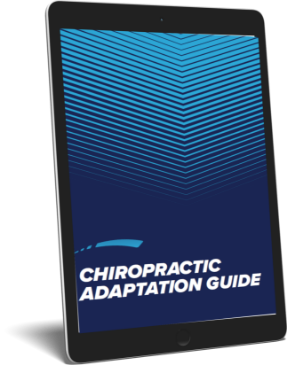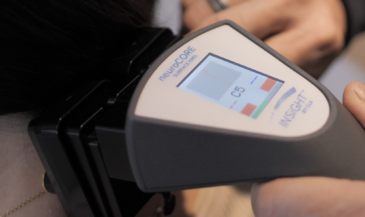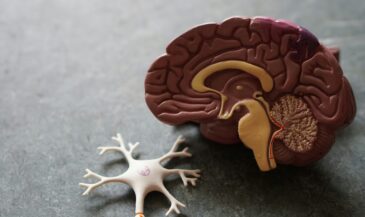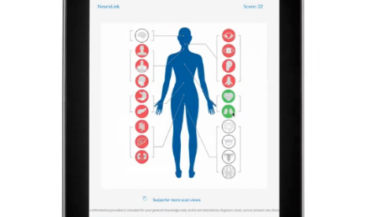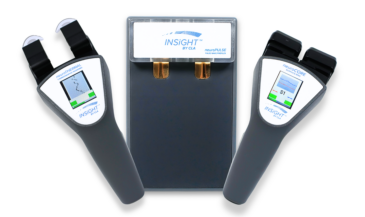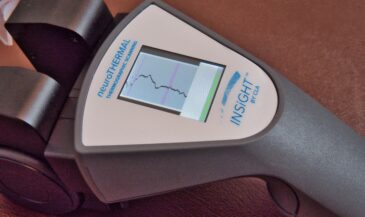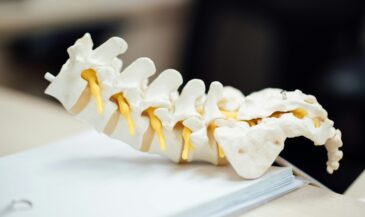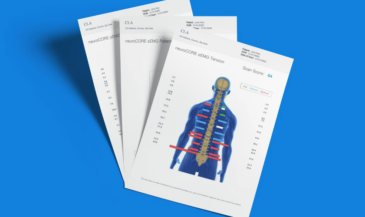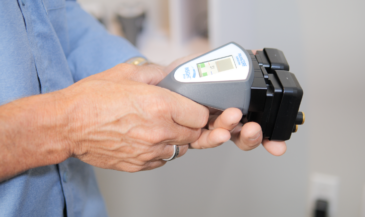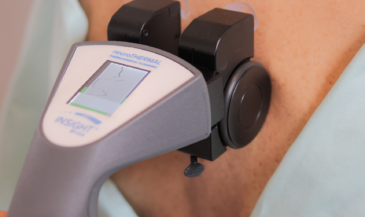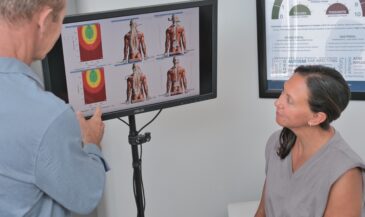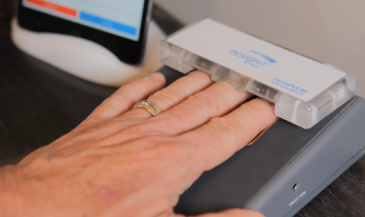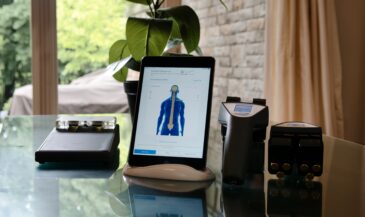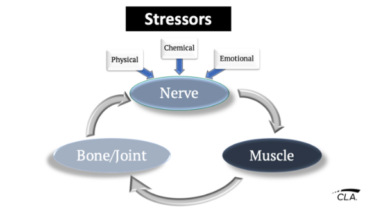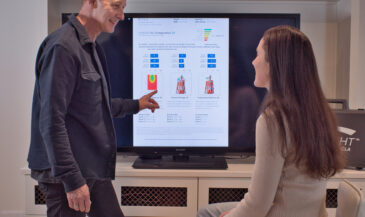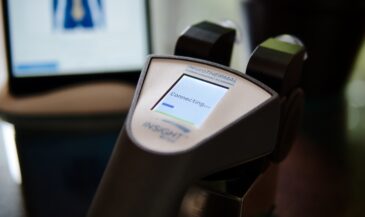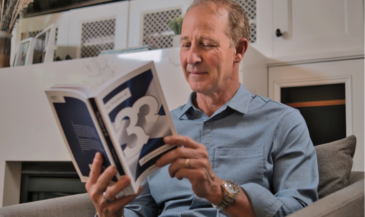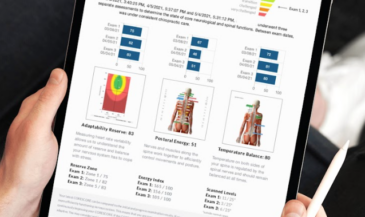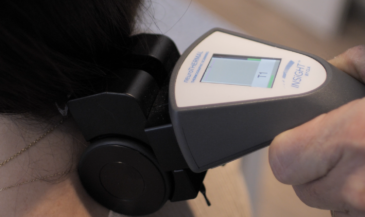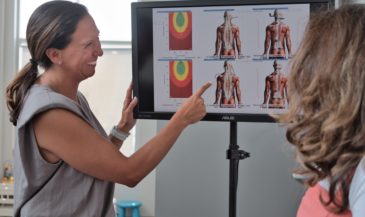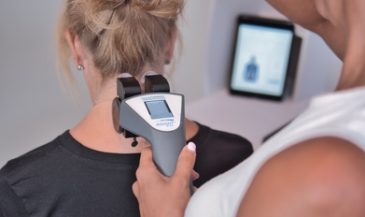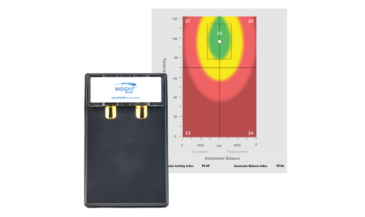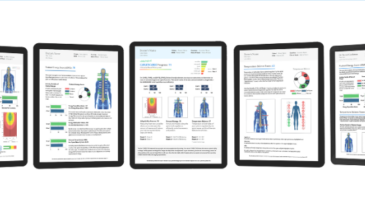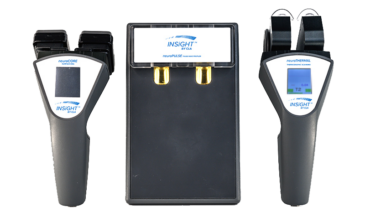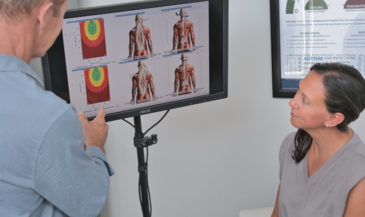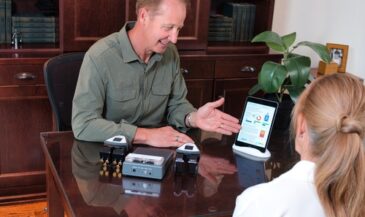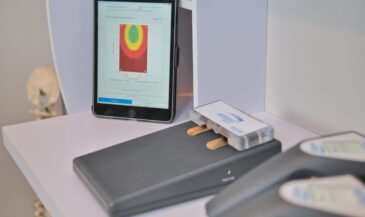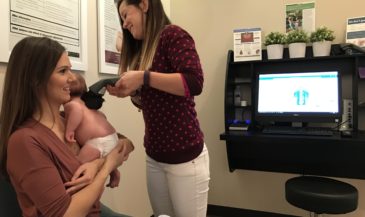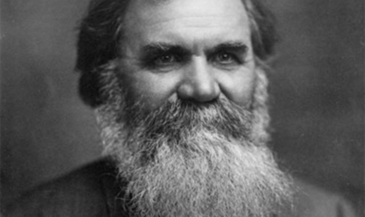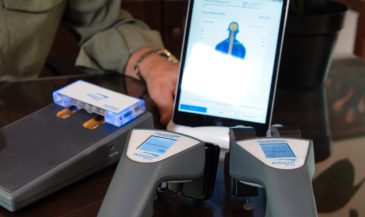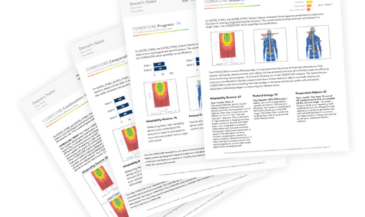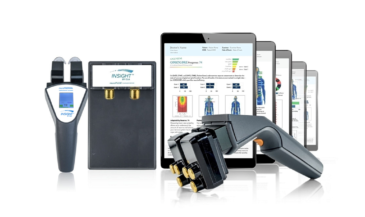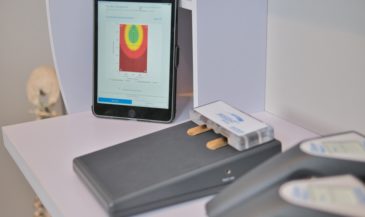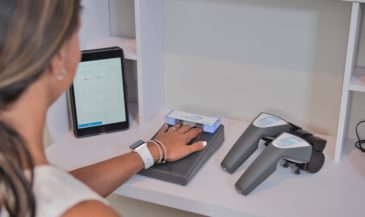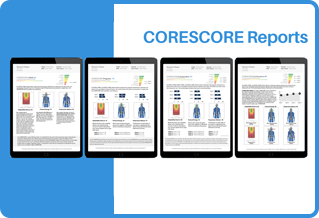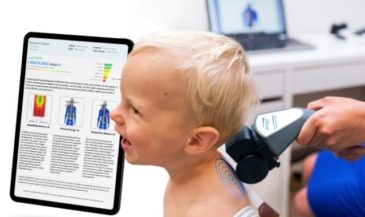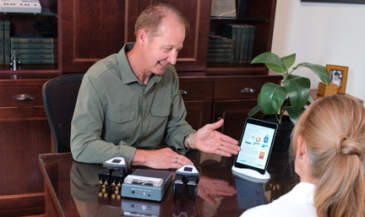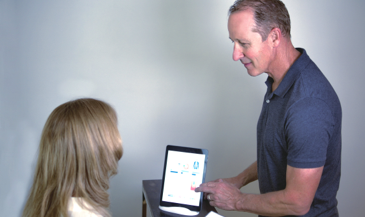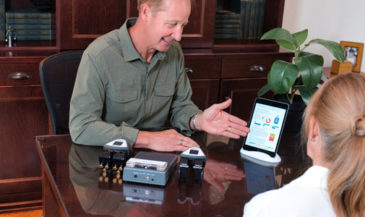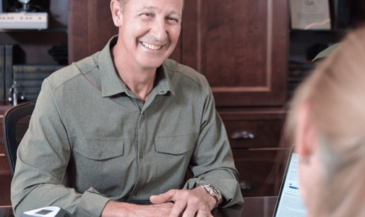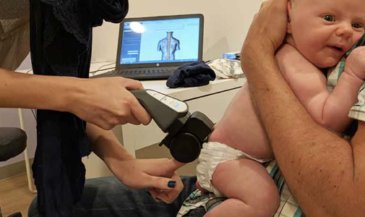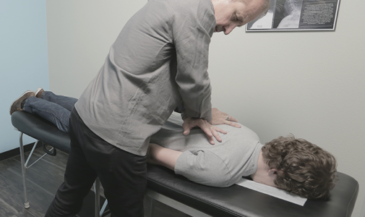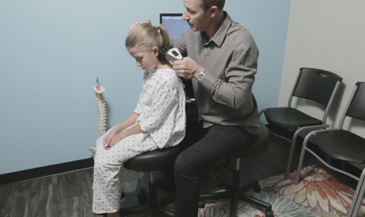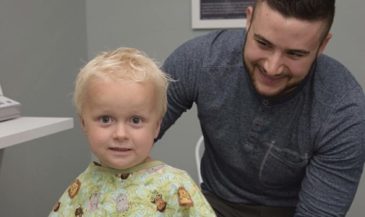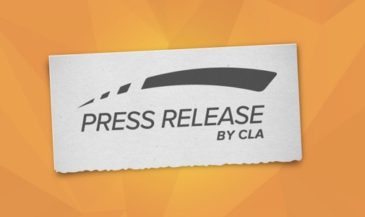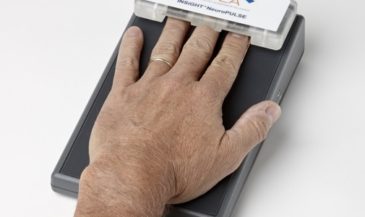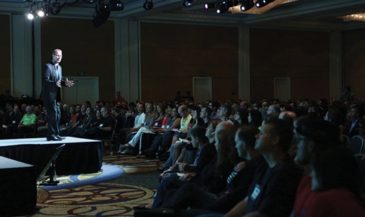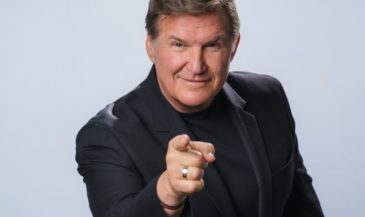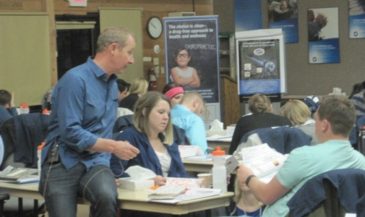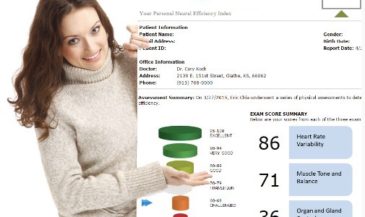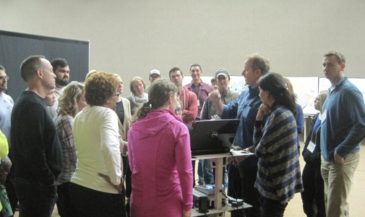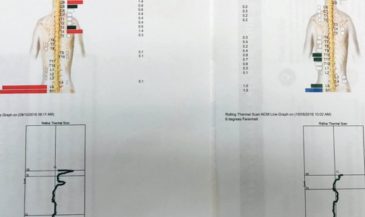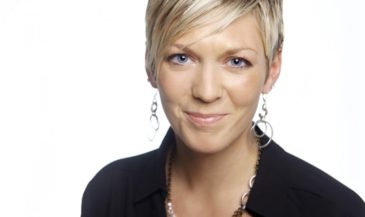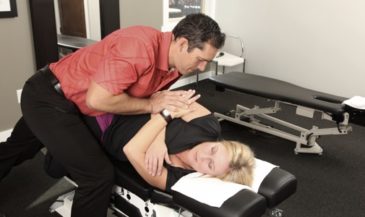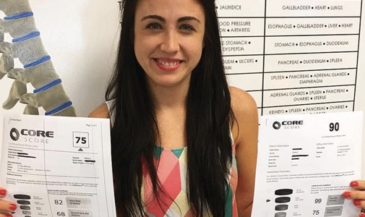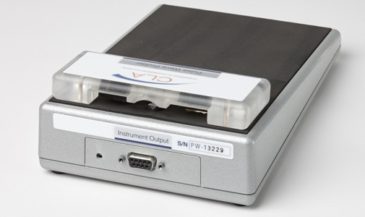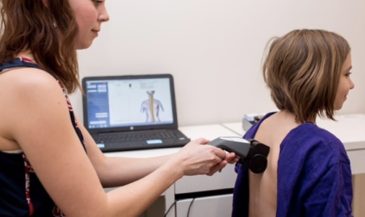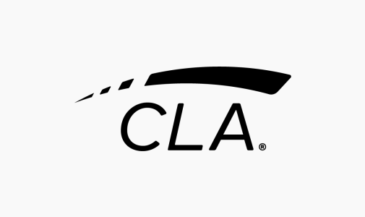Chiropractors and their attorneys sometimes contact me for help in legal entanglements. A typical query: “They have a well known orthopedic surgeon ready to testify against me. What can I do?”
The first question I ask is, “Was your diagnosis vertebral subluxation?” “Uh, no,” comes the sheepish reply. “It was lumbalgia with radiculitis.” “And on what did you base your diagnosis?” I ask. “Well, you know, X-rays and ortho/neuro tests,” comes the reply. “Were the X-rays to characterize vertebral subluxation? Is that reflected in your records?” “No. I just X-ray for pathology.” Uh huh.
It pains me to tell the poor soul on the other end of the line that the M.D. may well be allowed to testify concerning the diagnosis of lumbalgia and radiculitis, and the appropriateness of physical therapy and manipulation. When I ask, “Why didn’t you simply state that you analyzed and adjusted a vertebral subluxation?,” the reply is all too often, “Insurance companies won’t pay for that.”
At this point, I politely decline the request to review the records in the case. I sometimes don’t have the heart to tell the poor wretch what could happen in court. Imagine a judge or jury finding out that the D.C. was practicing something other than chiropractic as defined by statute in many states, and had fabricated a diagnosis because of a desire to facilitate reimbursement!
This need not be the case. The chiropractor who sticks to chiropractic examination procedures, employs chiropractic adjusting procedures, and uses a “terms of acceptance” document to clarify the nature of the doctor/patient relationship may be spared this unpleasant scenario.
It is not uncommon for chiropractors involved in litigation to be confronted by medical adversaries. These doctors are often orthopedic surgeons, neurologists, and radiologists. As professional expert witnesses, they may be articulate and confident. Some have impressive credentials, such as academic appointments at prestigious medical schools. As a consequence, many chiropractors feel intimidated when called upon to testify in such cases.
This column is not intended to serve as legal advice. D.C.s are encouraged to have the attorneys on their side review the strategy described. The objective is to demonstrate to the court that the M.D. adversary is not qualified in chiropractic.
Case law has held that chiropractic is a separate “school” of healing. In the appellant’s brief in the malpractice case of Sheppard vs Firth, it was stated, “Appellant was entitled to have his treatment tested by the rules and principles of the school to which he belonged…In malpractice cases the only expert who should be allowed to testify as to the propriety of the treatment complained of is one who belongs to the same branch of medicine or system to which the accused belongs.” The decision was in favor of the defendant-appellant, Firth.
Such protection, however, is only applicable if the chiropractor has not engaged in activities which constitute medical practice. This is true even if such medical practices are within the lawful scope of chiropractic in a given state. Such “common domain” procedures do not fall under the protection of the “separate school” argument, since they do not involve a unique theory of “cause” and “remedy.” As a consequence, medical practitioners may properly testify against chiropractors who employ such procedures.
The appellant’s brief in Sheppard vs Firth clarifies the issue: “It is only in those cases where members of two professions use methods recognized by each, or, as is sometimes said, work in a common field that the one can testify concerning the work of the other…for instance, had appellant used a diathermy machine, as chiropractic physicians sometimes do and as the medical profession does, then a member of the medical profession would have been competent to testify, as to the manner in which the machine was used.”
It may be argued that because a medical doctor holds a plenary license, such a person may testify concerning any aspect of the healing arts. The absurdity of this argument may be illustrated by an example. Although ophthalmology and proctology are both specialties within allopathic medicine, it is improbable that a court would permit a proctologist to offer expert testimony against an ophthalmologist concerning technical nuances of cataract surgery.
The following questions may be asked of an M.D. witness to establish that such an individual is not qualified to determine the safety of appropriateness of chiropractic care:
- Doctor, are you an expert on chiropractic?
- Was training in chiropractic principles and techniques included in your medical school education?
- Was chiropractic included in your residency training?
- Have you ever practiced chiropractic?
- Are you a graduate of a CCE accredited chiropractic college?
- Do you hold a certificate of attainment from the National Board of Chiropractic Examiners?
- In which states are you licensed to practice chiropractic?
- Have you published any papers on chiropractic in peer reviewed journals?
- Would you please list for us the components of the vertebral subluxation complex?
- What is spinal kinesiopathology, and how is it assessed?
- What is myopathophysiology, and how is it assessed?
- What is neuropathophysiology, and how is it assessed?
- What examination procedures are used to assess vertebral subluxation?
Of course, this strategy is only applicable to the practice of subluxation-based chiropractic. D.C.s who dabble in medicine do so at the risk of facing testimony from allopathic adversaries.
References
Rutherford LW: “The Role of Chiropractic.” Clinton Press. Erie, PA. 1989.
Sheppard vs Firth 215 OR 268,334 P 2d 190(1959) at pages 32-26. Quoted in Rutherford.




